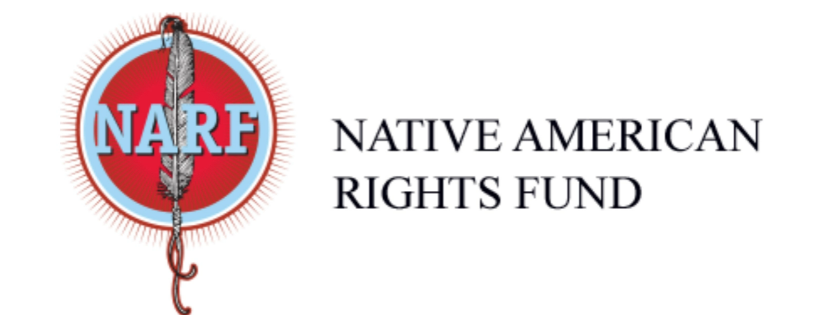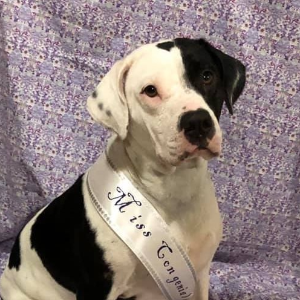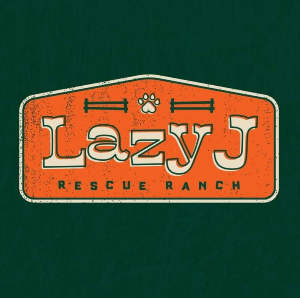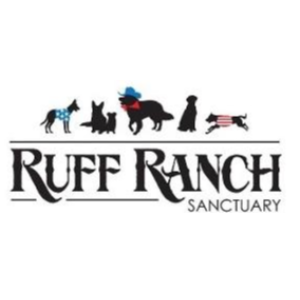
The Native American Rights Fund is headquartered in Boulder, Colorado, with branch offices in Washington, DC, and Anchorage, AK.
NARF is governed by a volunteer board of directors composed of thirteen Native Americans from different tribes throughout the country with a variety of expertise in Indian matters. A staff of approximately 16 attorneys handles over 50 major cases at any given time, with most of the cases taking several years to resolve. Cases are accepted on the basis of their breadth and potential importance in setting precedents and establishing important principles of Indian law.
With credibility built over 50 years of service, NARF has become a respected consultant to policy makers and others engaged in drafting legislation. As a consensus builder, NARF works with religious, civil rights, and other Native American organizations to shape the laws that will help assure the civil and religious rights of all Native Americans. NARF attorneys, many of whom are tribal citizens, use their understanding of Indian legal issues to assist tribes in negotiating with individuals, companies, and governmental agencies.
Since NARF’s inception, Indian law has changed dramatically. It has become a recognized specialty with a well-documented body of statutes and case law. However, that has not made it a simpler field. In the 1970’s and the early 1980’s, courts were generally receptive to Indian rights cases. However, since the mid to late 1980’s, an increasingly conservative federal bench has made Indian rights cases more difficult to win. Combined with the huge cost of litigation—in time and in money—this means NARF and its Indian clients are always attuned to opportunities for negotiation, consensus, and settlement.
We add Votes for every $ you Donate
Here's some Featured Charities we think you'll love
Click here to see your favorite charity featured on MyGivingCircle
March 2026 Grants Round
This grant round we are giving $30,500 to the Top #10 USA & Canada Charities. Vote and support the Charities you love today and help them share in grants on 1 Apr 2026 12:00AM.













